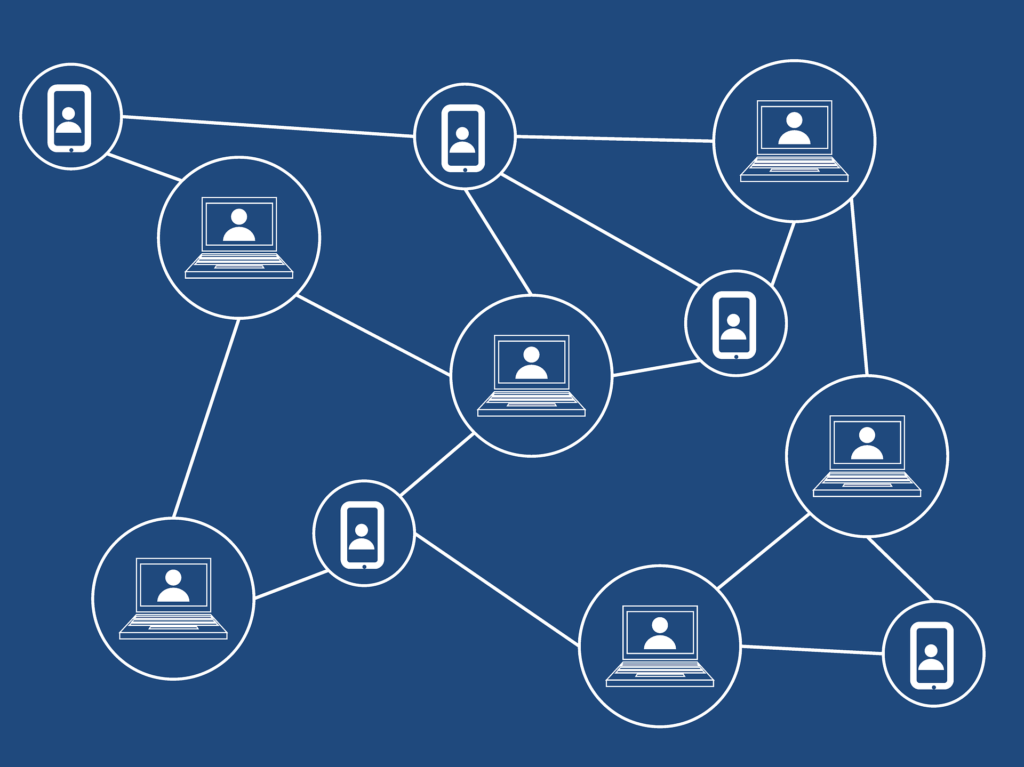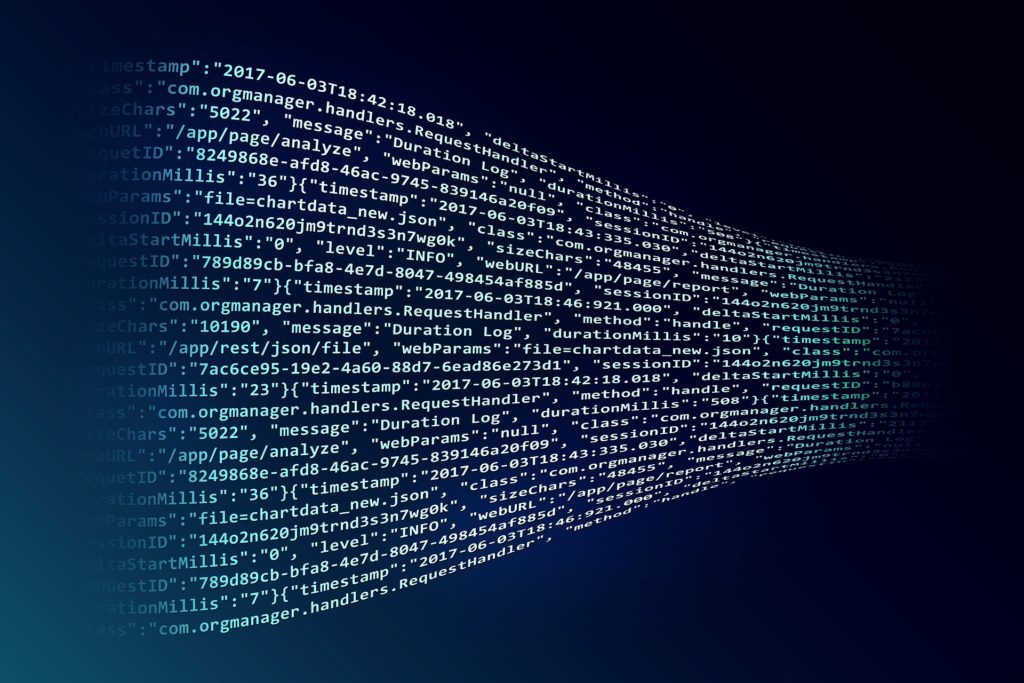Blockchain technology for healthcare: What is and Why Blockchain?
Blockchain technology for healthcare is potentially transformative. Blockchain is defined as “a shared, immutable record of peer-to-peer transactions built from linked transaction blocks and stored in a digital ledger”. In other words, this is a process of transacting and storing information on a decentralized, distributed ledger; information that is reliable, unchangeable, and readily available to relevant individuals and entities anywhere in the world. The data is in a network of hundreds, even thousands of personal computers distributed around the world. Crucially, there is no central entity. This is a unique data safety feature of the technology.

The blockchain principle is underpinned by cryptographic techniques. Pre-existing trust between parties in the network is unnecessary and each participant in the network can interact by storing, exchanging, and viewing information based on reliable, safe unique access permissions which do not depend on other parties. Every single entry is permanently stored on the blockchain and is extremely tamper-resistant and immutable. For a field where data safety and security is paramount, blockchain technology for healthcare seems to be an exceptionally good fit.
Blockchain Technology for Healthcare: Medical Records

Like any other form of important information that needs to be kept secure, medical information would benefit from the blockchain technology
The basic premise is that:
- The healthcare provider collects the patient’s information
- The information is put in an existing database
- The information is either transferred or copied onto a blockchain platform
- Patient has full control of the information and decides who has access, when, how much and for how long
Blockchain technology for healthcare is not a niche as such. The tech can and is already being deployed across a whole range of industries and enterprises. Its potential to greatly improve efficiency and transform delivery of a myriad of services is seen as almost unprecedented. Healthcare delivery is one of the areas where its disruptive potential is vast. It promises much cheaper, faster, and more secure transfer and exchange of digital assets which is poised to be transformative. The benefits will be global but the impact is bound to be a great deal more pronounced in resource-poor developing countries